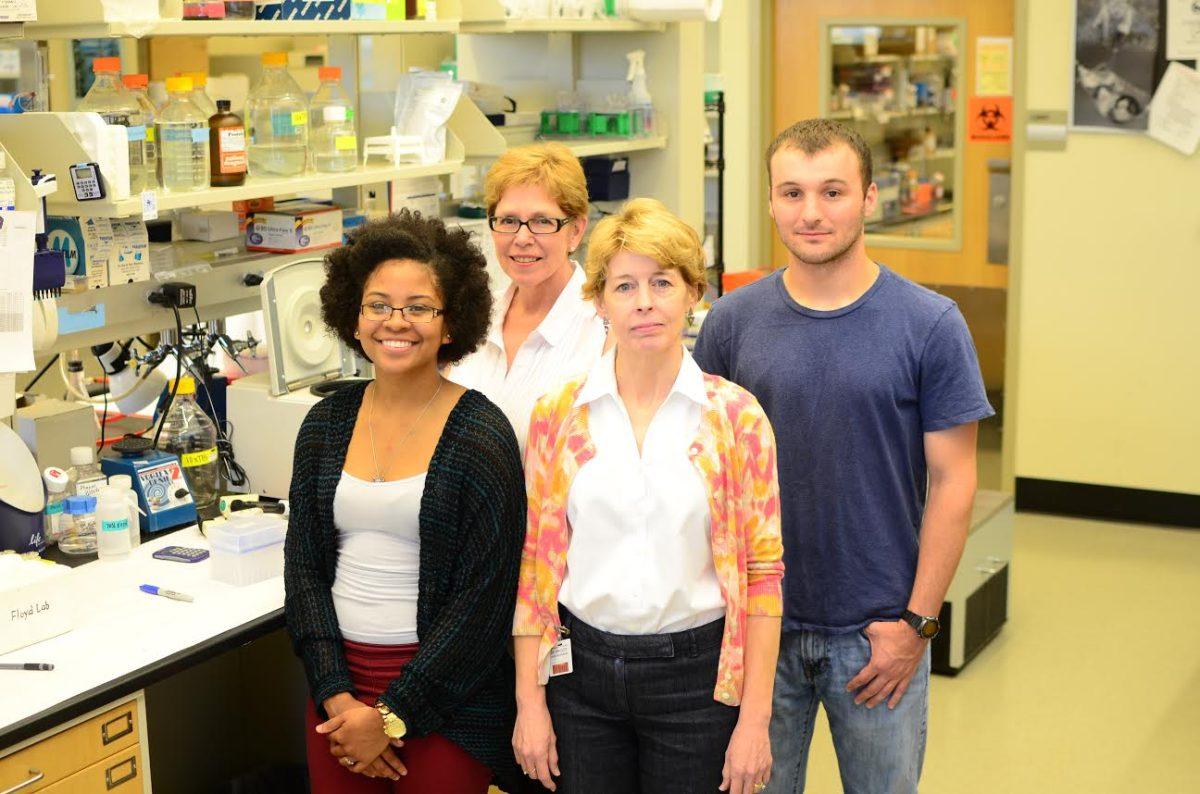For the next five years, funding for Pennington Biomedical Research Center’s obesity and diabetes research is safe and sound with help from a national medical research agency.
In September, the National Institutes of Health renewed a $9.2 million grant for Pennington researchers in the Center for Research on Botanicals and Metabolic Syndrome to continue its investigation of botanical extracts’ roles in preventing and treating metabolic diseases such as obesity and diabetes.
NIH first funded Pennington’s Botanical Research Center in 2005. Since then, the grant was renewed for five-year cycles in 2010 and 2015. Pennington Communications director Alisha Prather said the third and most recent grant installment will fund all botanical research conducted between 2010 and 2015.
Prather said Pennington’s Botanical Research Center is one of five in the country funded by NIH. In total, its Office of Dietary Supplements and the National Center for Complementary and Integrative Health have given roughly $25 million over the last 15 years.
The CRBMS is the only research center focused on obesity and diabetes.
Prather said the theme of the BRC is “Botanicals and Metabolic Syndrome,” one of the most important public health problems society faces today. Metabolic syndrome is a combination of biochemical and physiological abnormalities associated with the development of heart disease and type 2 diabetes.
“The study of botanicals and their effects to modulate pathologic processes as part of the metabolic syndrome has become even more important since the inception of our center,” Prather said.
Pennington’s executive director and principal investigator of the BRC Dr. William Cefalu said diabetes, obesity and metabolic syndrome are among the most prominent chronic diseases facing patients world-round.
“Louisiana often leads the nation in the percentage of citizens affected by one or more of these conditions, and our work through the BRC is looking at new and better ways to prevent and treat these chronic diseases and enhance care,” Cefalu said.
Since 2010, BRC researchers focused on evaluating botanicals’ effectiveness in metabolic disease prevention because natural products drove successful BRC research for 16 years. NCCIH director Josephine Briggs said this research — conducted in collaboration with the Biotechnology Center for Agriculture and the Environment at Rutgers University in New Jersey— takes advantage of advances in biological and chemical methodology.
“Our interdisciplinary approach has allowed for a comprehensive evaluation of botanicals — specifically on pathogenic processes,” Prather said.
By 2020, she said, BRC researchers will focus on botanicals’ ability to promote metabolic resiliency and health in the presence of high-fat diet or inflammation stressors.
Cefalu said the NIH grant will contribute to LSU’s research standing. Allowing Pennington to attract and maintain other federally-funded center grants will open the doors for the university and its researchers for future compromises in research, regardless of its congruence with natural products or metabolic disease syndrome.
“Grants like this one afford us an opportunity to work collaboratively across labs and with partners around the state and the country to advance research for health,” Cefalu said.
Pennington receives $9.2 million grant renewal
October 5, 2015
Dominique Smith, Gail Braymer, Dr. Elizabeth Floyd and Justin Manuel are all members of the botanicals research team at Pennington Biomedical Research Center.
More to Discover






